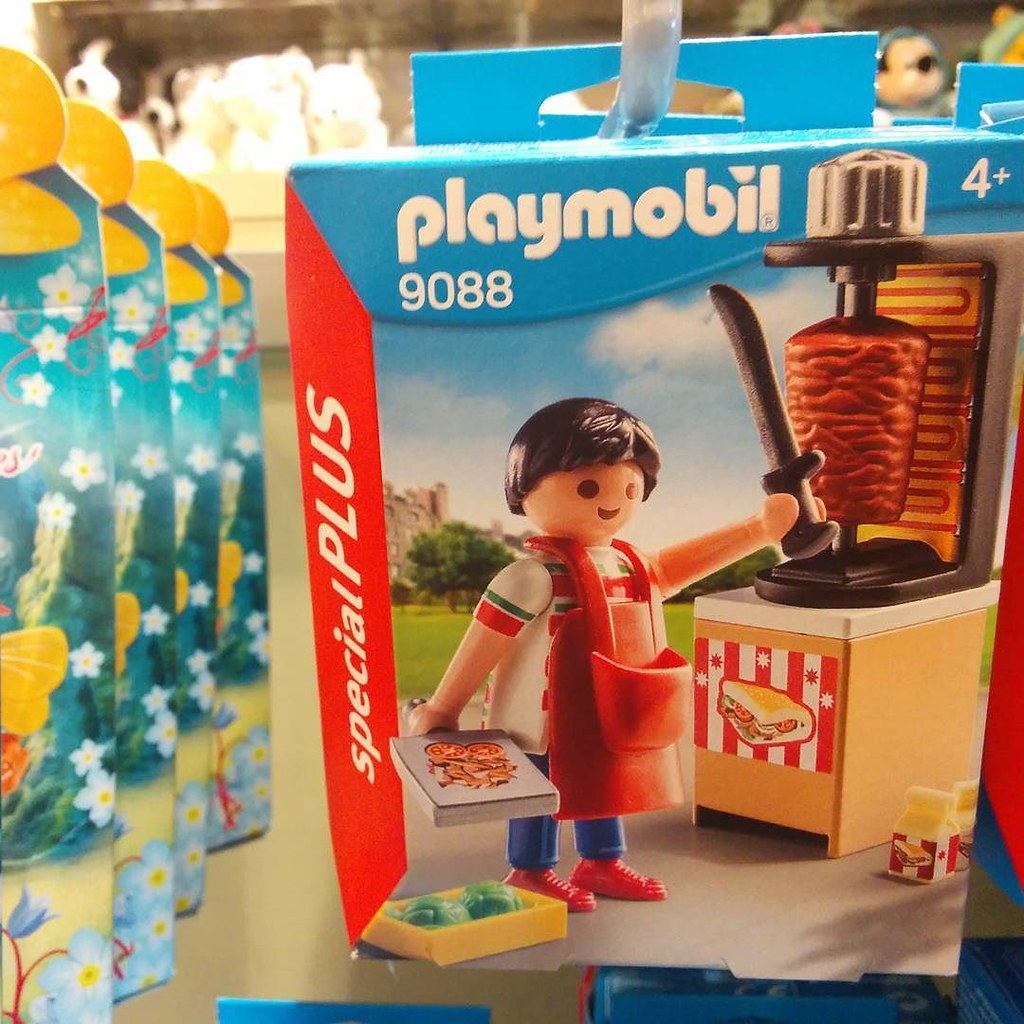August 02, 2019
By Blog Team
In
As the world becomes increasingly interconnected, it seems that companies are truly beginning to grasp the importance of speaking their customer’s language– Indeed, the last ten years has seen the global language services market double in size, reaching 46.9 billion U.S. dollars in 2019.
But with over 7,000 languages spoken worldwide and ever-squeezed budgets, companies often have to consider which languages will allow them to win new customers and give them the best chance of taking their business to the next level.
According to Internet World Stats, just ten languages cover 64.4% of Internet penetration (that is the ratio between the sum of Internet users speaking a language and the total population estimate that speaks that specific language): English, Chinese, Spanish, Arabic, Portuguese, Indonesian/Malaysian, French, Japanese, Russian and German.
Why use minority languages
With stats that guarantee such a powerful global reach, you’d be forgiven for thinking that it simply isn’t worth investing in lesser-used or ‘minority’ languages.
But as we previously explored on this blog, investing in ‘minority’ languages can hugely boost your business– they can offer untapped branding opportunities, particularly for small businesses looking to stand out from the crowd, and often help the company inspire brand loyalty and appear more ‘authentic’.
But there is another crucial aspect that you must consider when you’re deciding which languages to invest in, and it goes far beyond simply getting customers on your side.
The legal case for the Catalan language
Playmobil and Lego, the giants of the toy-making world, recently had to learn this lesson the hard way as they were faced with legal action for failing to include Catalan in the packaging and instructions of their products being sold in the Catalonia region.

According to Act 22/2010 on the Consumer Code of Catalonia, all information provided to Catalan consumers by businesses must be in Catalan, including, for example, shop signs, product information and product manuals.
As the English translation of the Consumer Code of Catalonia states:
“Consumers, without prejudice to the full compliance with the language availability obligation, are entitled to receive the following in Catalan: […] The information necessary for the appropriate consumption, use and handling of the goods and services, […] in particular, the mandatory information directly related to safeguarding health and safety.”
Plataforma per la Llengua, a Catalan non-governmental organisation that works to promote and protect the use of the Catalan language, has stated that Playmobil and Lego are both refusing to comply with the aforementioned legislation.
A spokesperson for Lego, Roar Rude Tranbaek, explains that Lego’s decision is down to their products being sold across the world. “This means we have to prioritise certain language versions and we aren’t able to provide information in every language.”
But Lego’s refusal to compromise on their position could land the company in hot water. The Irish Times has reported that the case is now being investigated by the Catalan Consumer Agency, and both Lego and Playmobil could face fines of up to €100,000.
'Catalanophobic' estate agents
This comes as the Generalitat of Catalonia has increased their fines for those businesses who neglect to use Catalan. In 2017, 67 fines were imposed and 75,700 euros was collected. In 2018, the number of fines increased to 79 (although the collection was a little lower at 50,800 euros.).
The website Libertad Digital has reported that a real estate agency was most recently accused of ‘Catalanophobia’ for allegedly insulting a client who made a telephone enquiry in Catalan and refused to deal with them in their own language. They were subsequently fined 1,600 euros.

What can your company do?
It is a company’s responsibility, and their responsibility alone, to thoroughly research the consumer legislation in each and every region they do business in and seek to comply with the respective consumer code– or risk a hefty fine.
Wolfestone can support you by offering advice about language use across different regions and how professional language services can work for you.
Wolfestone has been the provider of expert translation and localisation services for more than 11 years, and no matter your need or your budget, we are confident we will have a solution for you.
Get in touch with us today to discover how we can support your company’s big ambitions.
[su_spoiler title="Sources:" style="fancy" anchor="Privacy Policy"]
CONTENT HERE [/su_spoiler]
